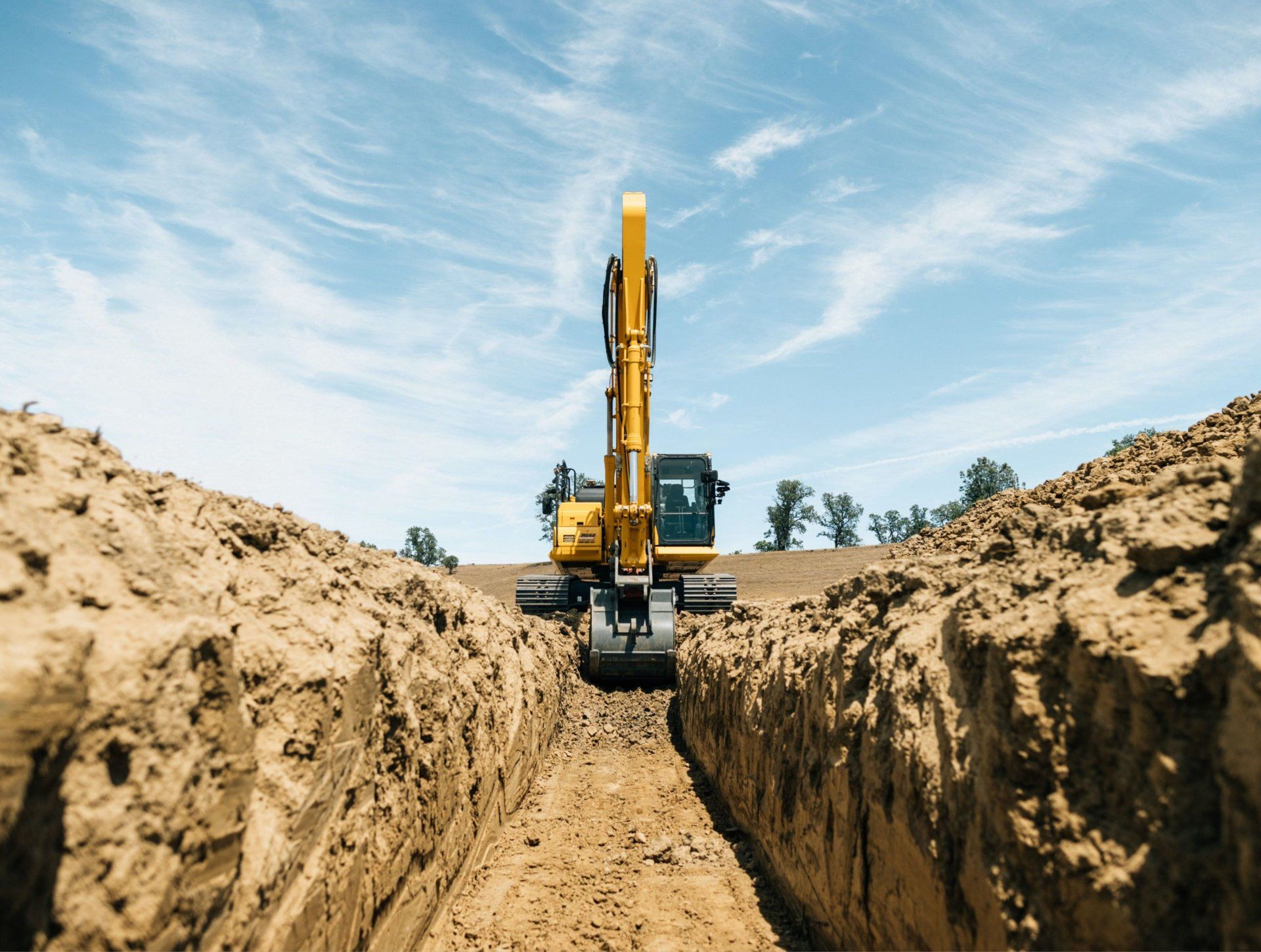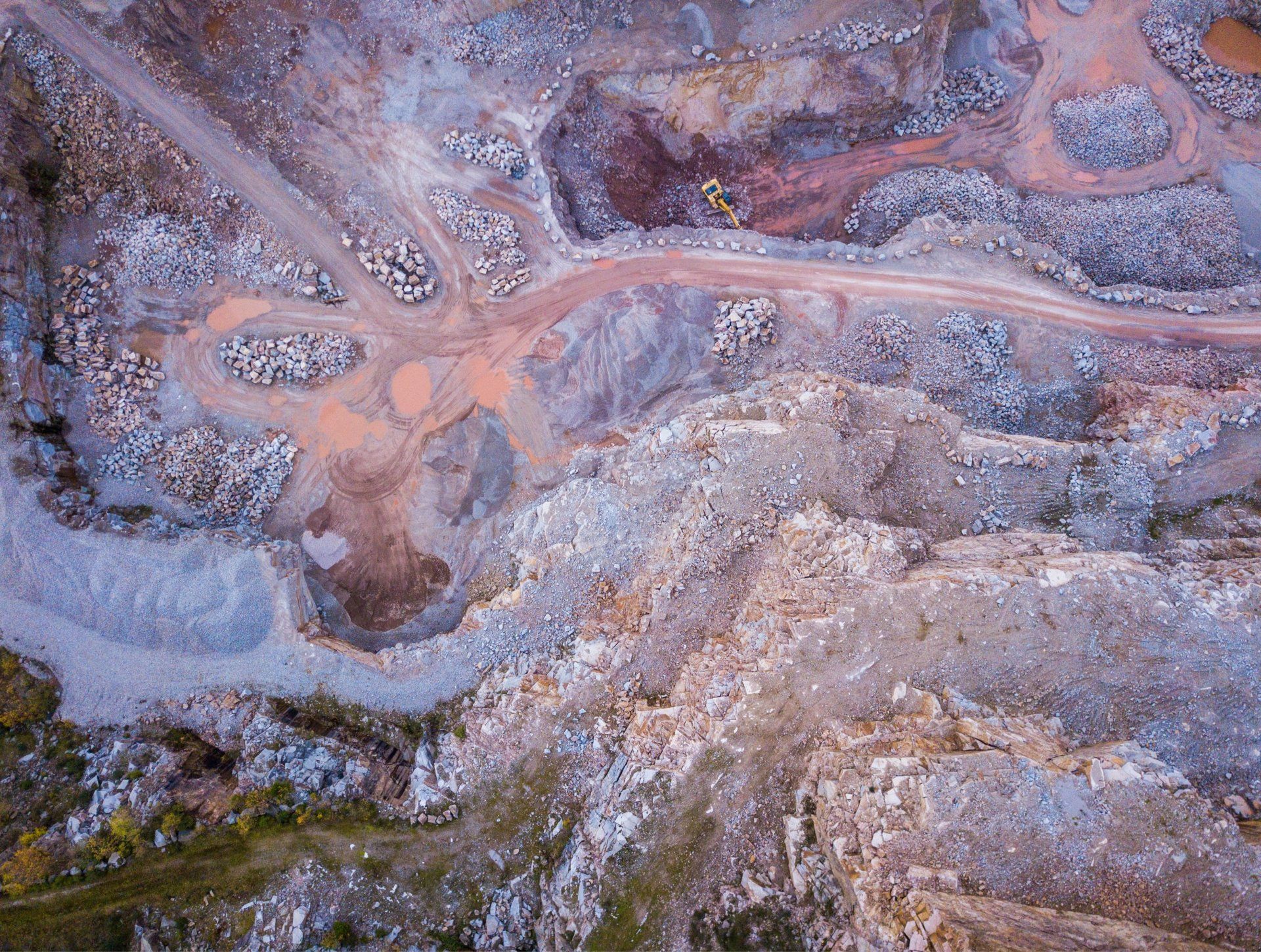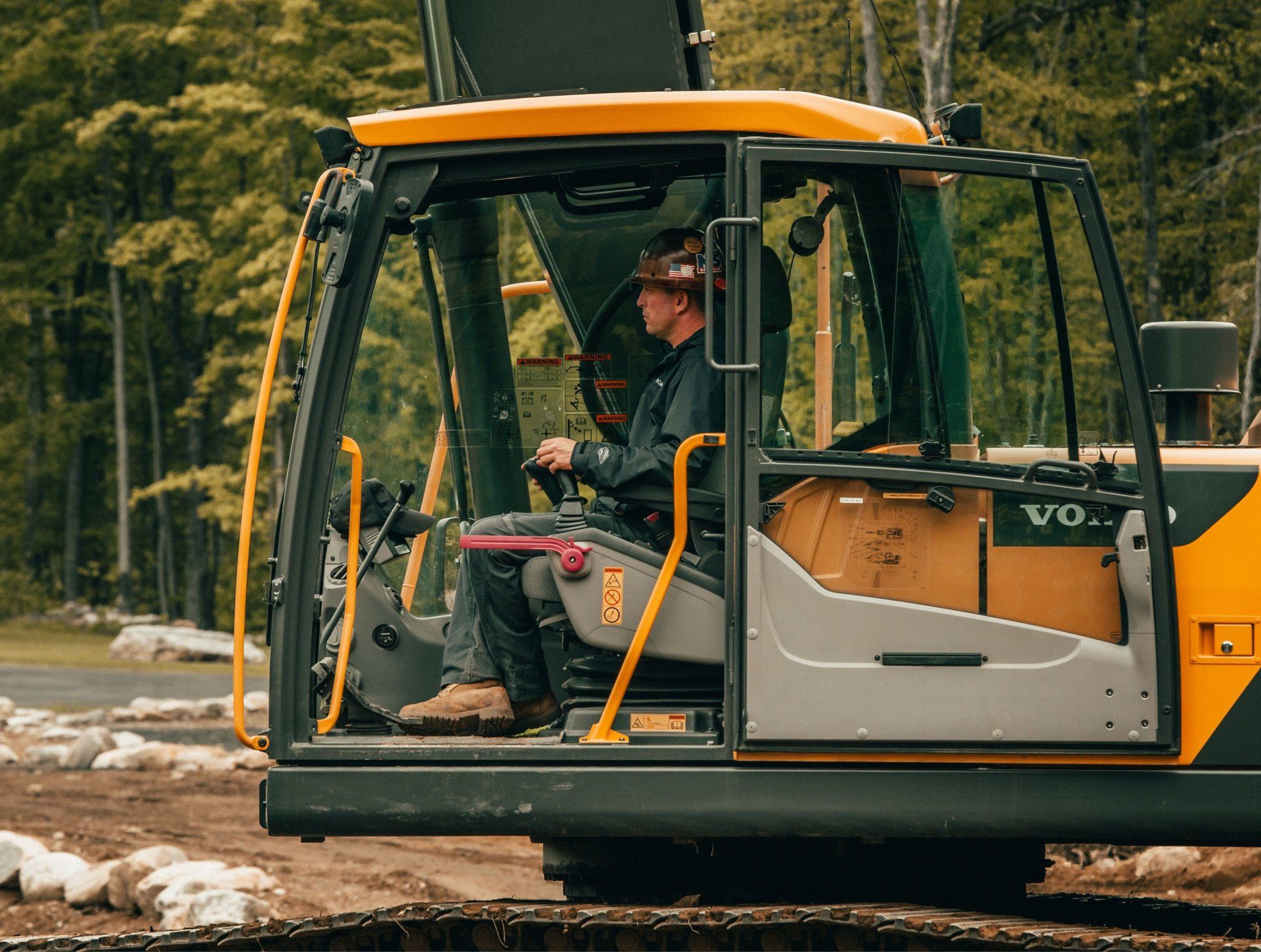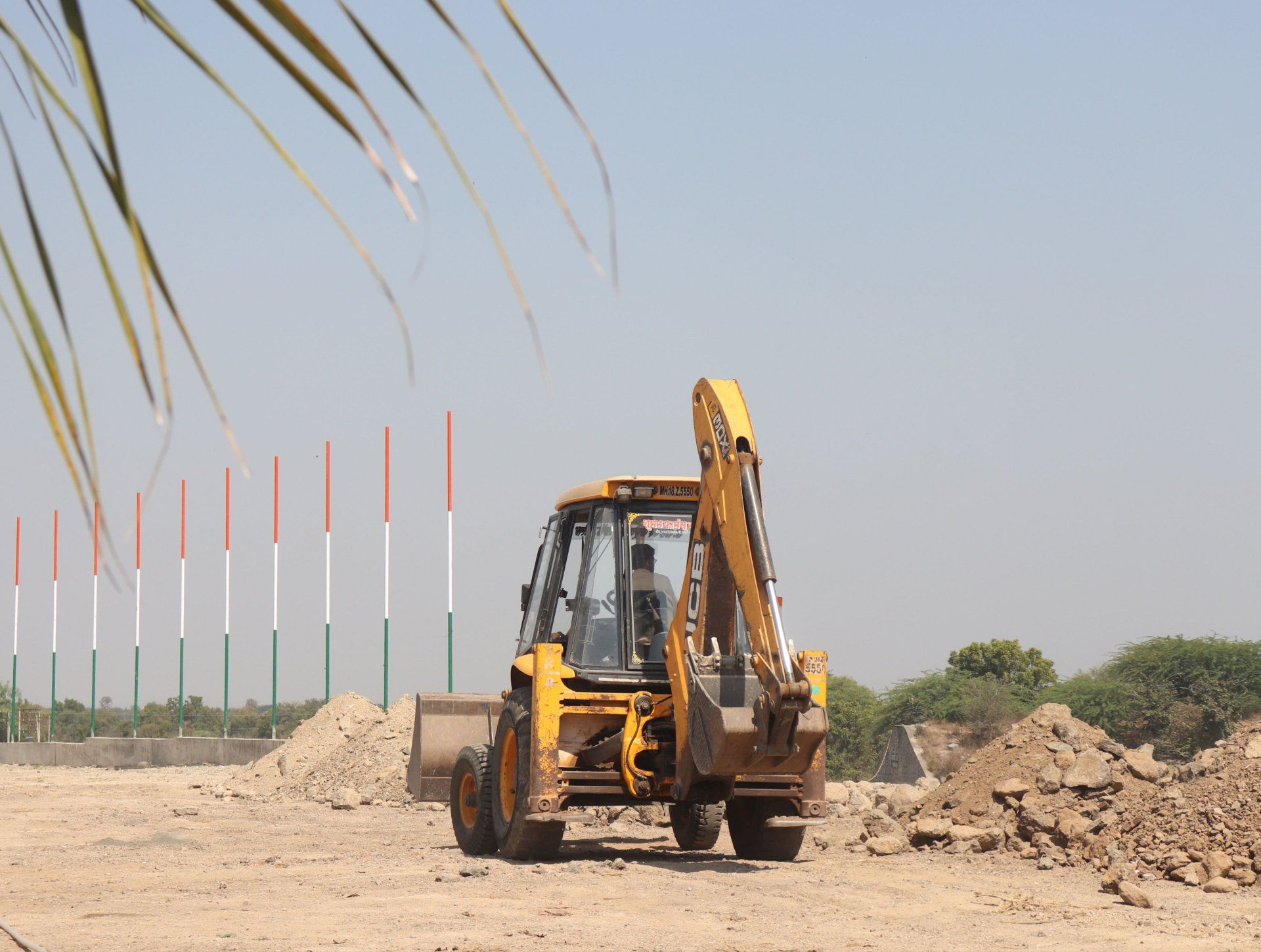Reliable, Safe & Trustworthy
Excavation in Stone Mountain, GA
"Excavation - Done Right!"
We are passionate excavation contractors in Stone Mountain, GA who specialize in residential, commercial & industrial site preparation.
Land clearing, trenching for utilities, preparing and building foundations and basements, pond work and more!
If it's related to excavation services - we do it, and have been doing it safely and expertly for years.
Don't hesitate to reach out for a free quote today!
Our Excavation Company's Process
Step 1:
Communication
When you get in touch with us, we begin the process of gathering information about your project needs.
We schedule a time and day to come personally inspect the property and work out the details of the job.
Step 2:
On-Site Visit
Next, we visit the property at the scheduled time and day. We carefully survey the property.
Confirm all the relevant details, asking many questions about your needs. Then, we schedule the work.
Step 3:
Complete the Work
When the scheduled time comes, we begin excavation. We will have made sure to pull any necessary permits by this time.
We ensure the completion of tasks in a secure, timely, and highly professional manner, meeting the highest standards.
Step 4:
Quality Review
Excavation is now complete, and we take time to review the work with the client or the client's contractors.
If anything needs changed or adjusted, this is when we make sure that everything was done as needed!
Excavation Contractors in Stone Mountain, GA
Excavation Services in Stone Mountain, GA
We have a variety of excavation services we offer, including site clearing, grading, and excavating. Site clearing involves removing any trees, plants, or debris that may be on the job site. This is important to ensure that the job site is safe and ready for work to begin.
Grading involves leveling the ground so that it is ready for construction. Excavating is the process of digging trenches or holes for foundations or utility lines. Every contractor will offer these core services, but we also offer additional services such as pond excavation, retaining wall installation, erosion control and more. Keep reading to learn a bit more about the many services we offer.
What We Offer
Responsibilities of Excavation Contractors
Excavation contractors are responsible for a wide range of tasks, from clearing land to digging trenches to removing debris. In order to ensure that a project is completed on time and within budget, excavation contractors must carefully plan each step of the process.
In addition, we must be able to work safely and efficiently in often difficult and dangerous conditions. Your excavation contractors must also be able to solve problems that may arise during a project, such as finding ways to remove large boulders or dealing with shifting soil.
As with any construction project, communication is crucial in order to ensure that everyone involved is on the same page. By working closely with architects, engineers, and other members of the construction team, excavation contractors can help make sure that a project meets all of its objectives.
Why Choose Us?
We have a team of well experienced operators who are familiar with a wide variety of excavating equipment. As a result, we can complete projects quickly and efficiently.
We also have a track record of completing projects on time and within budget. So if you're looking for an excavation contractor, we believe that we should be your first choice.
Our reputation speaks for itself--we have been in business for over 20 years, and have a long list of satisfied customers. We value customer satisfaction and work hard to meet or exceed our clients' expectations. We also believe in transparency, so you can be sure that you will always know what is going on with your project.
Take a look at our website to see what we value and how we operate. Then compare this information with your project specifications and needs. You'll see that DR Excavation is the best choice for your next construction excavation project! Contact us today to request a free estimate.
Licensed, Insured & Safety Focused
Excavation work is inherently dangerous, and even the most experienced contractors can sometimes make mistakes that result in serious accidents. That's why it's so important to choose an excavation company that is insured. If something goes wrong, you'll be covered financially.
Licensed contractors are also held to a higher standard, so you can be sure that they know what they're doing. And finally, safety should always be a top priority when choosing an excavation contractor.
Look for a company that has a good safety record and takes all the necessary precautions to protect its workers and your property. By following these tips, you can be sure to find a reputable and safe excavation contractor.
Of course, we at D R Excavation Stone Mountain are all of the above - licensed, insured, and certainly focused on safety. Give us a call today to schedule a free quote, and we will take great care of you!
FAQ's About Stone Mountain Excavation
"We highly recommend their services to anyone looking for top-notch excavation work. Thank you, D R Excavation!"
- Susan Sherman
“Grateful to D R Excavation for the great job they did on our project. They were professional, and did a great job cleaning up afterwards. We couldn't have asked for more!"
- Ed Schultz
“They did an amazing job and we couldn't have done it without them."
- Gary @ Custom Dream Homes
Why Should You Work With Us?
20+
Years of Experience
300+
Successful Excavation Projects
35+
Trained Professionals - and Growing!
Contact Us Today For A Free Quote
Our company has years of experience in excavating all sorts of land, from small residential properties to large commercial ones. We have the equipment and manpower to get the job done quickly and efficiently. Contact us today to get started on your project!




